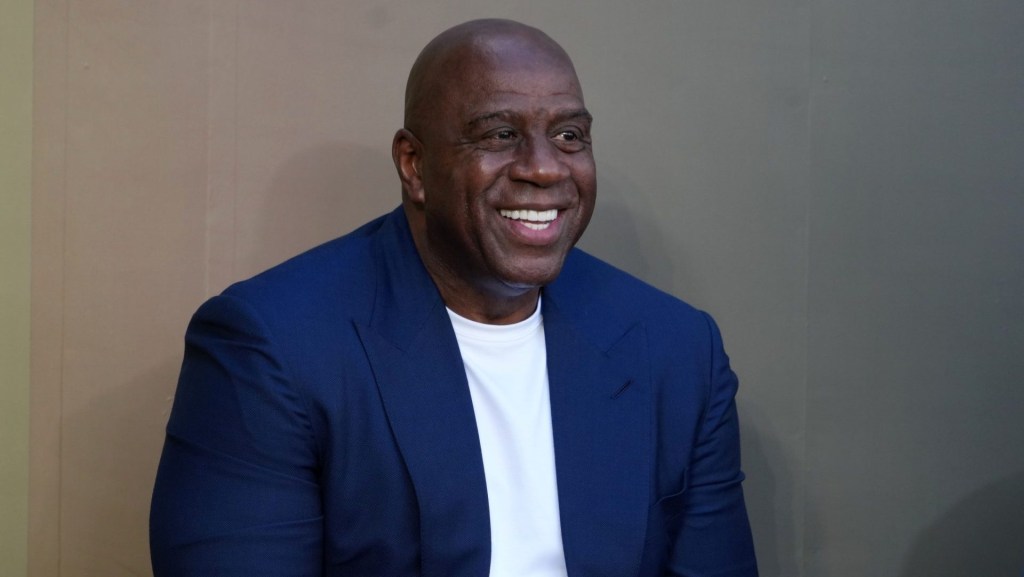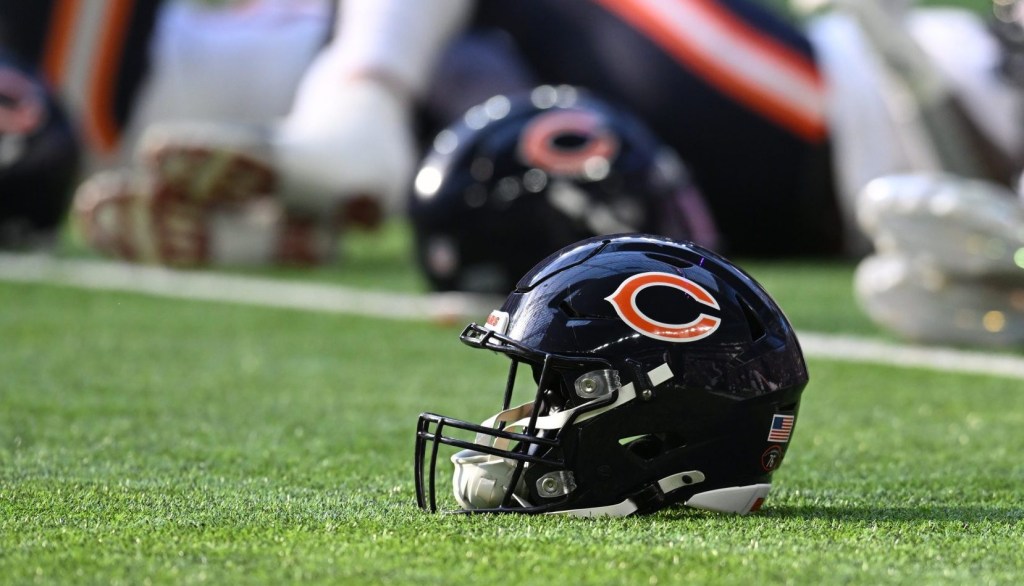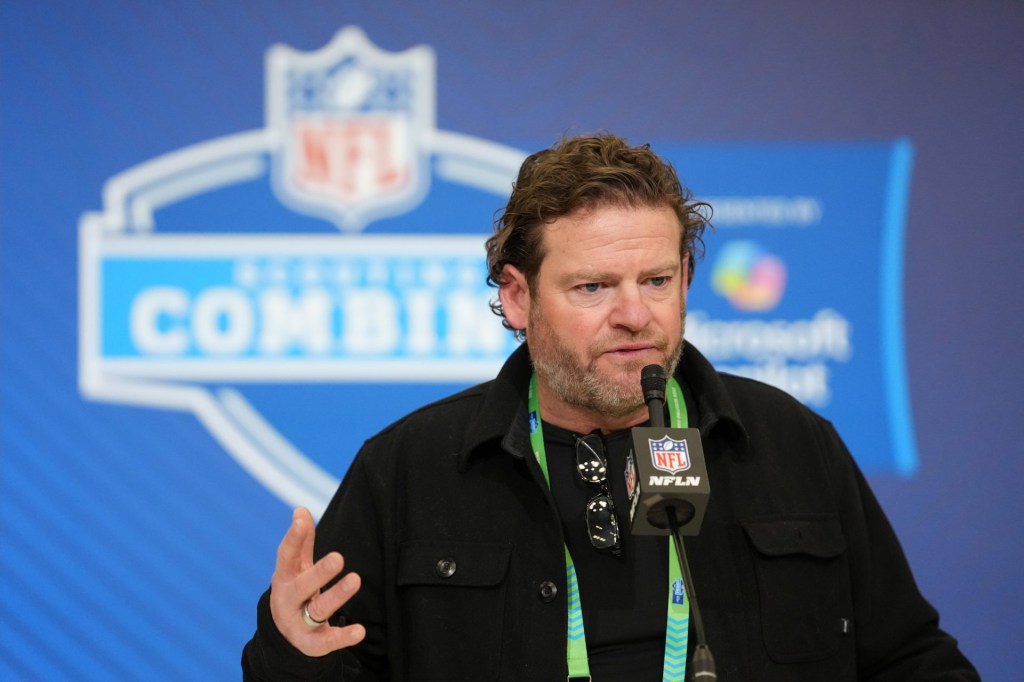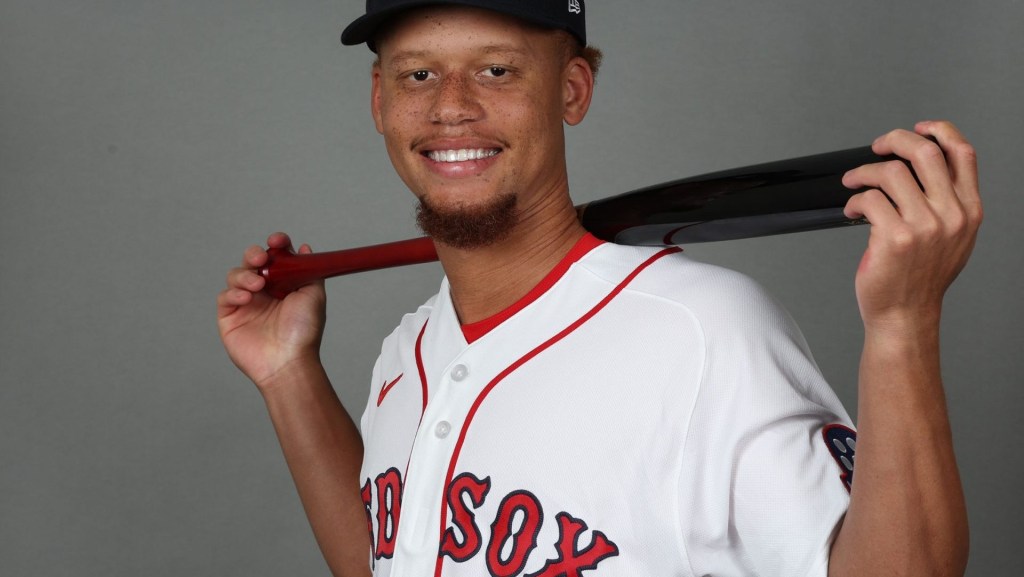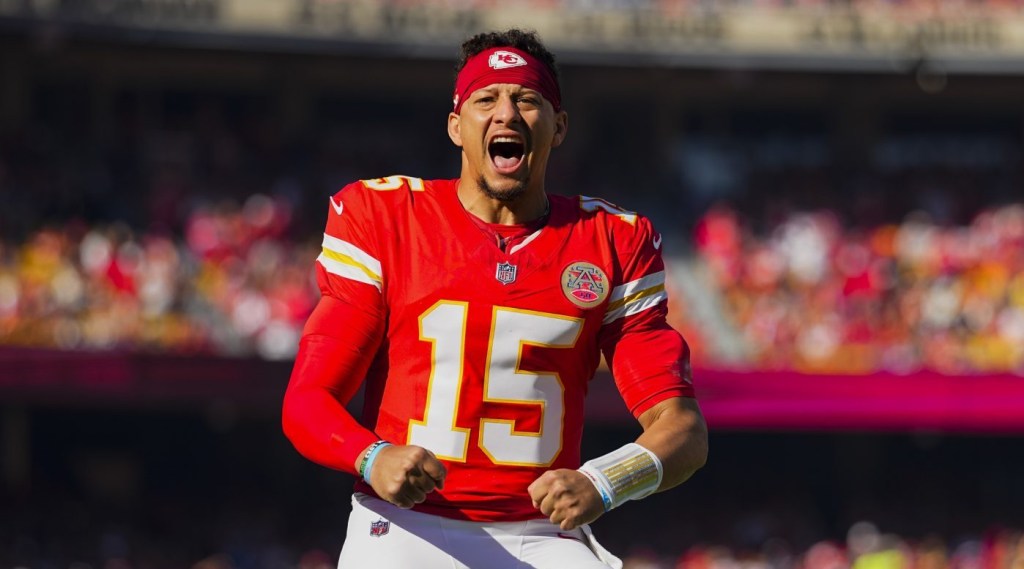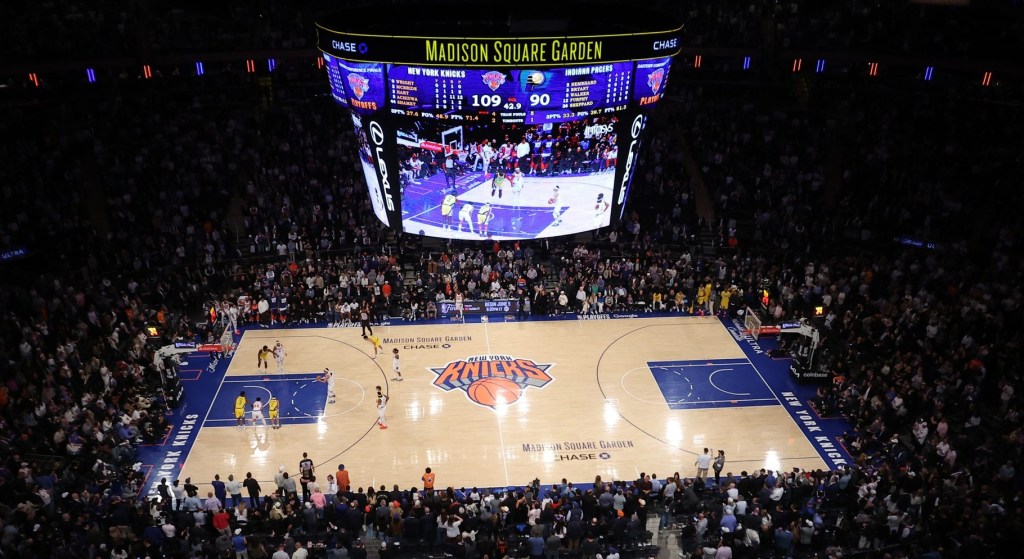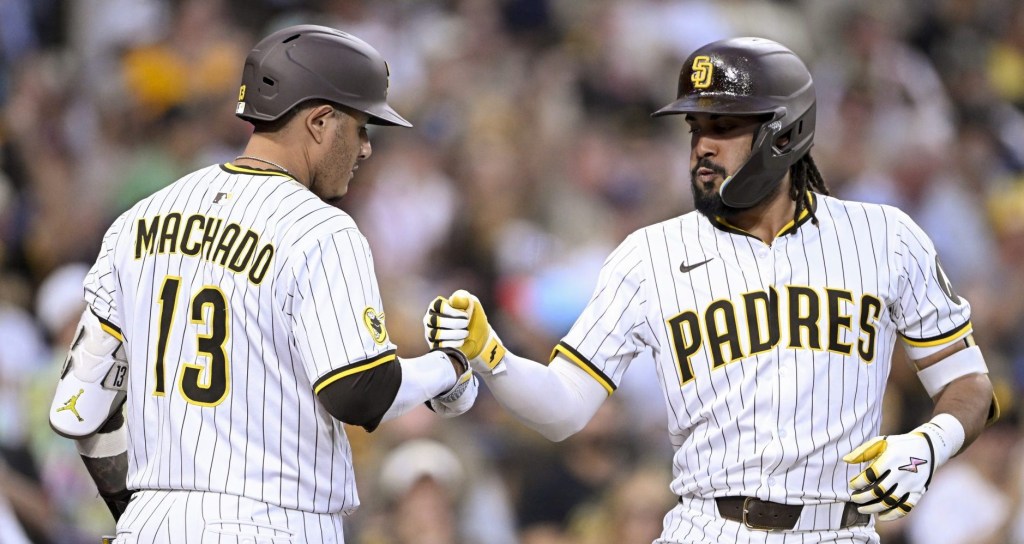An era in Baltimore baseball—one filled with hope, disappointment, and controversy—ended Saturday when Orioles owner Peter Angelos died at the age of 94.
The famously feisty Angelos had been unwell for several years, and he had previously transferred day-to-day control of the MLB franchise to his son, John, in 2020. But since acquiring the Orioles in 1993, Angelos firmly put his stamp on his hometown team, as well as the neighboring Nationals and MLB as a whole.
Notably, Angelos’s death arrives as the family’s sale of the Orioles to billionaire private equity executive David Rubenstein, valuing the team at $1.725 billion, is perhaps days away from completion and approval by the full group of MLB team owners. The transaction has already cleared the league’s ownership committee, and last week received further support from the Maryland Stadium Authority.
“Peter made an indelible mark, first in business and then in baseball,” Rubenstein said. “The city of Baltimore owes him a debt of gratitude for his stewardship of the Orioles across three decades and for positioning the team for great success.”
Lasting Legacy
Among the key touchstones of Angelos’s tenure as Orioles owner:
- A Baltimore native from working-class roots who amassed great wealth as a lawyer, particularly by suing companies who had exposed their workers to asbestos, Angelos purchased the Orioles for a then-sports industry record $173 million. He supplemented his ownership group with a series of partners with deep Maryland ties, including broadcaster Jim McKay, writer Tom Clancy, and filmmaker Barry Levinson.
- The early years of the Angelos era were marked by a hands-on style and a willingness to spend on players, as well as a penchant to cycle frequently through managers and GMs. During the 1995–98 seasons, the Orioles regularly jockeyed with the Yankees for the top two payroll rankings in the league. Ultimately, Baltimore was not able to keep up, and the team had a bottom-five payroll each season between 2019–23. Though ailing, Angelos was still alive as the Orioles last year enjoyed a large-scale renaissance.
- Angelos’s worker-first mentality reached a particular prominence during the players’ strike of 1994–95. As owners began to implement a plan to use replacement, non-union players, Angelos steadfastly refused, and a heightening standoff between the owner and the league was averted as a new labor deal was reached.
- His extensive background in workplace-related issues helped lead to his placement on MLB’s labor committee, and he helped negotiate collective bargaining agreements with the players.
- Angelos’s firm opposition to the placement of a franchise in Washington led to the creation of the Mid-Atlantic Sports Network, which controls the local media rights of both the Orioles and Nationals, and significantly impacts the state of both franchises to this day. Angelos was also at the center of a bitter legal dispute over the local media rights fees for the two clubs that lasted for more than a decade, and only now is beginning to reach a more peaceful situation.
“Peter was an important figure in our city’s rich sports history,” said Ravens owner Steve Bisciotti. “He was a smart businessman who wasn’t afraid to stand up to issues he felt were important.”
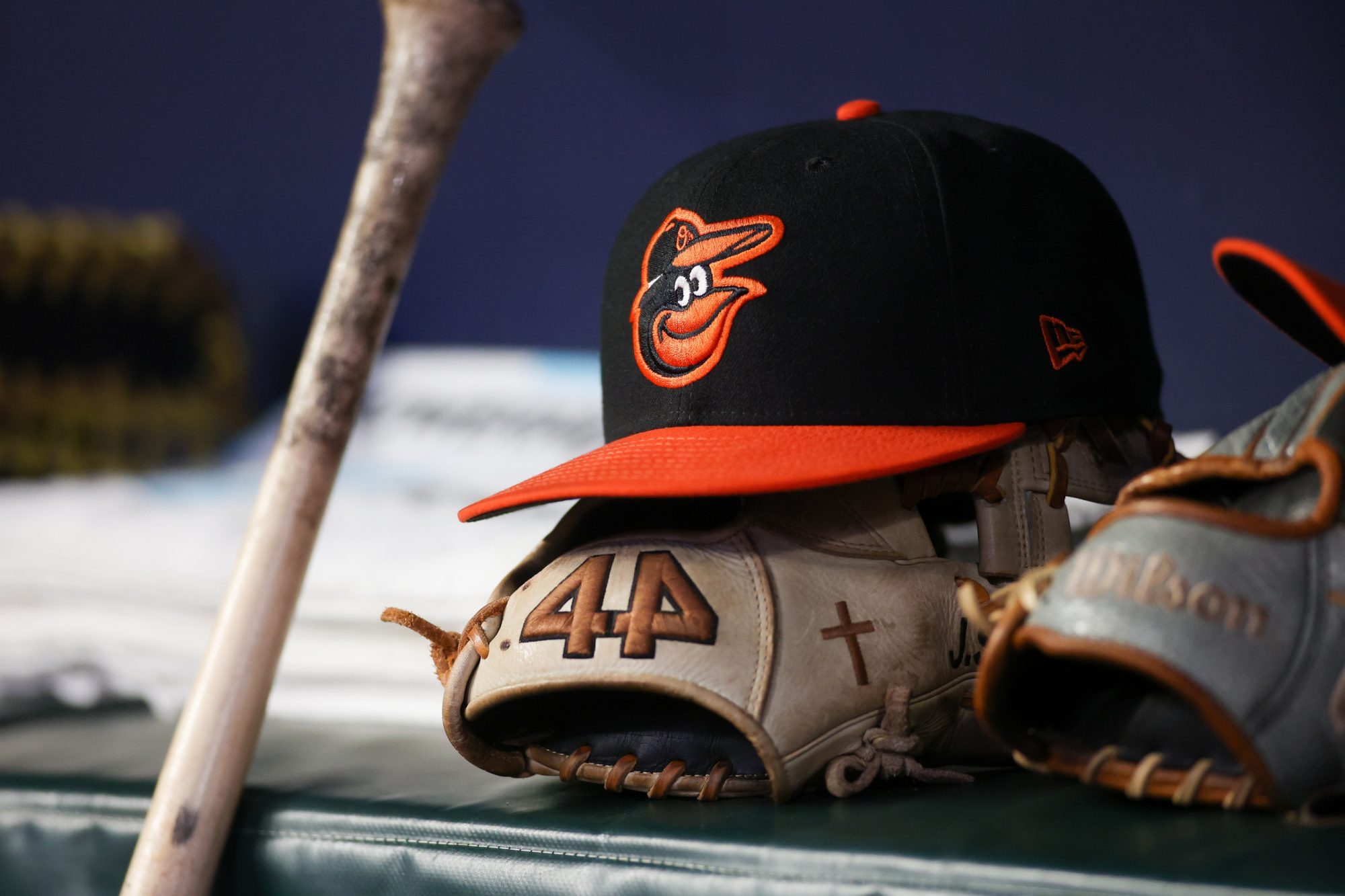
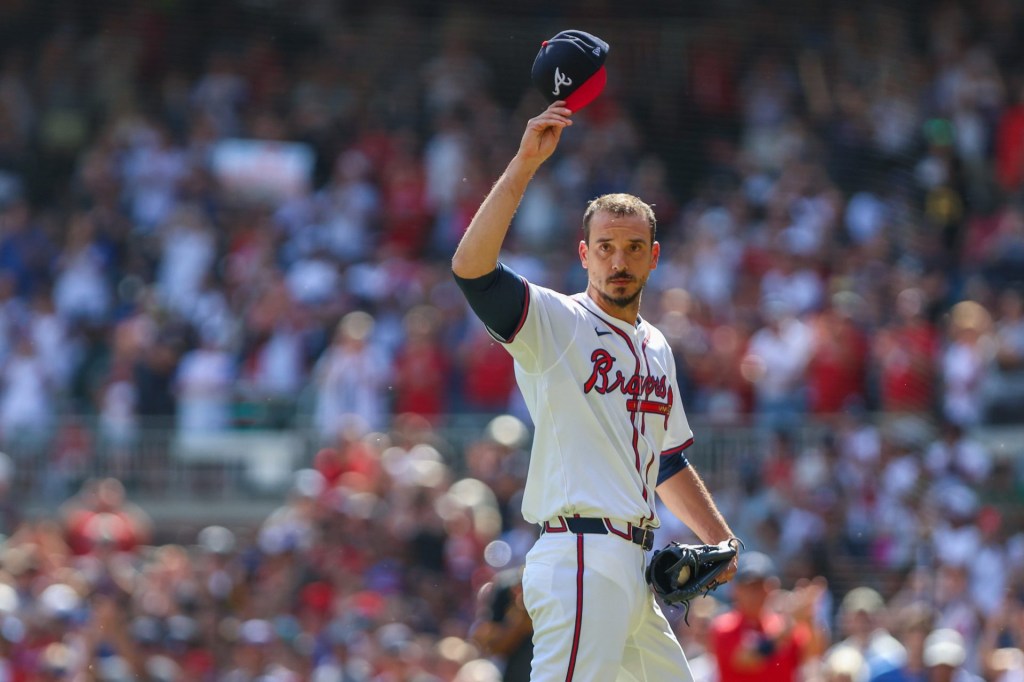
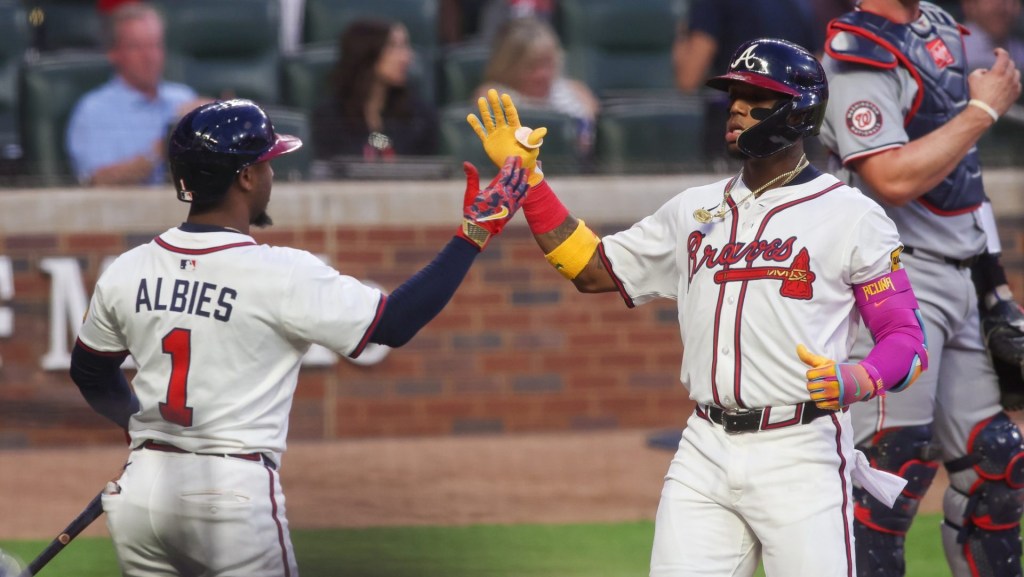
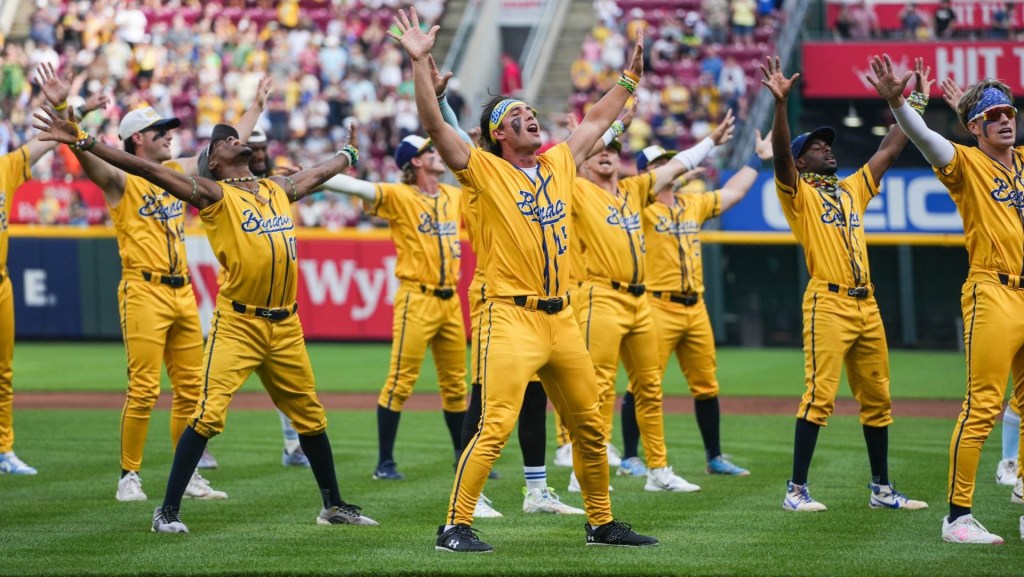
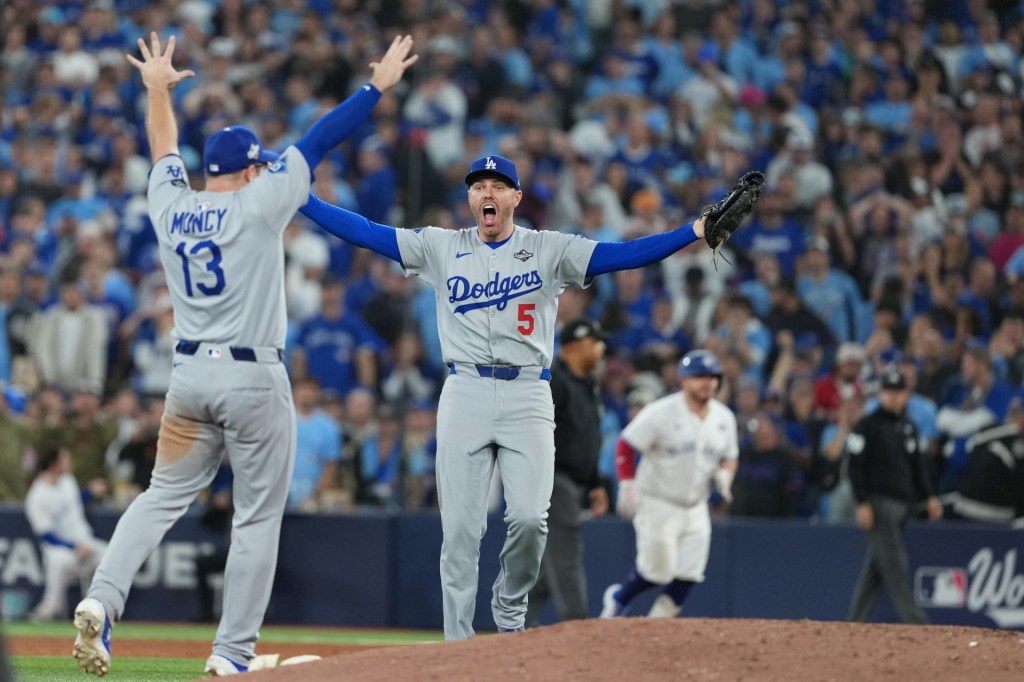
![[Subscription Customers Only] Jul 13, 2025; East Rutherford, New Jersey, USA; Chelsea FC midfielder Cole Palmer (10) celebrates winning the final of the 2025 FIFA Club World Cup at MetLife Stadium](https://frontofficesports.com/wp-content/uploads/2026/02/USATSI_26636703-scaled-e1770932227605.jpg?quality=100&w=1024)



